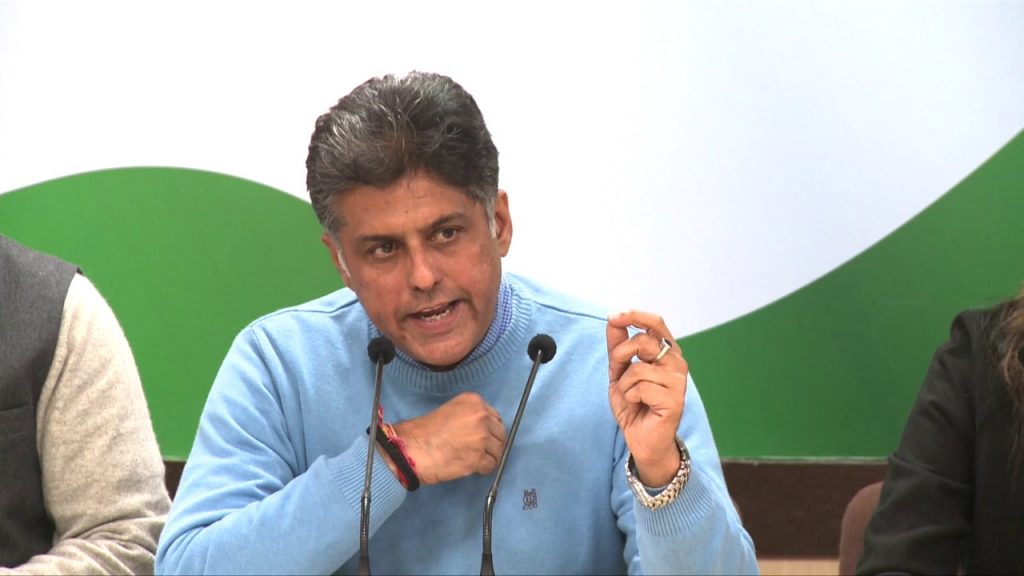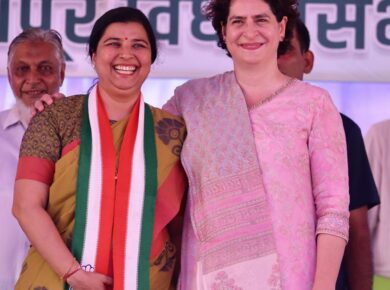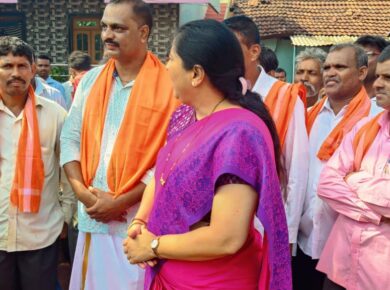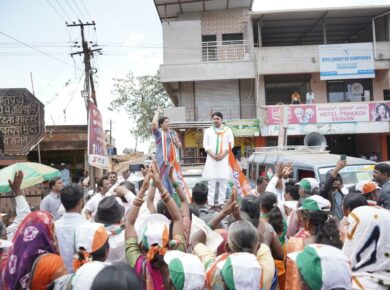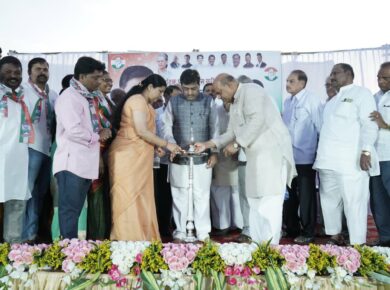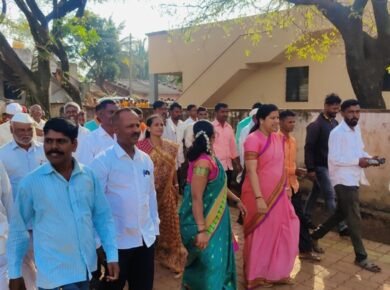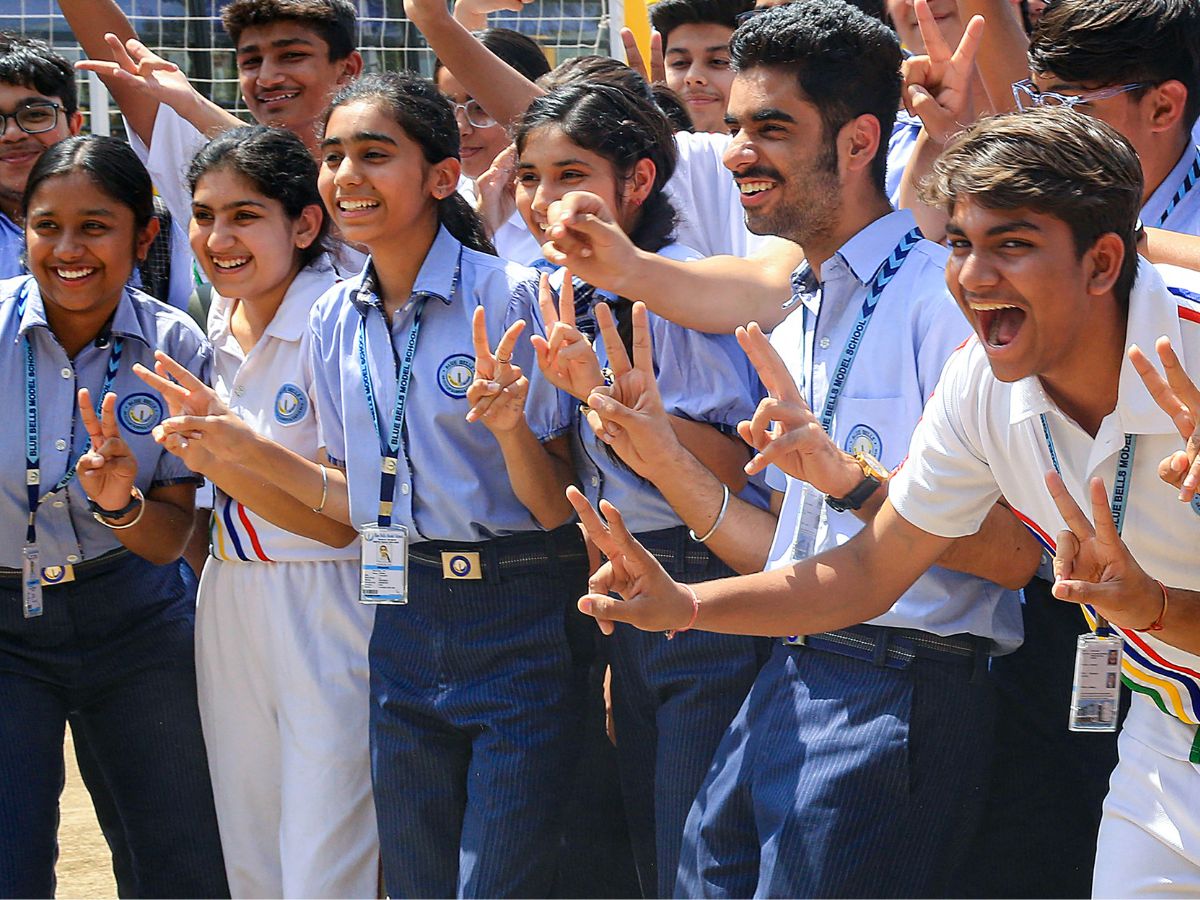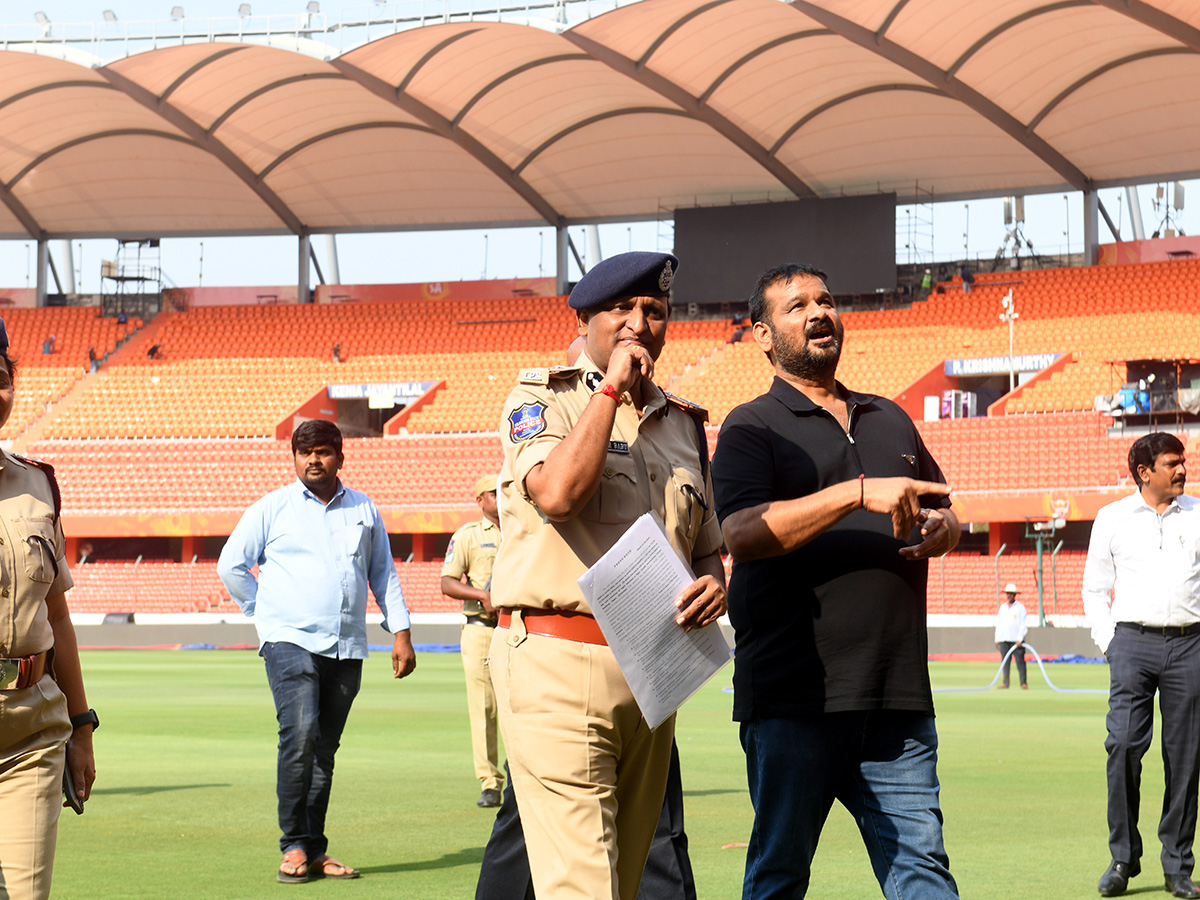One of the most striking assertions from Tewari’s interview was his candid acknowledgment of third-party mediation. “You can call it back-channelling or use whichever terminology gives it a respectable fig leaf,” he remarked. “But the reality is, third-party mediation has existed in India-Pakistan conflicts since the 1990s whether you like it or not.”
Tewari referenced several historical incidents to support his claim:
- 1990: Robert Gates’ secret mission to the subcontinent, prompted by Pakistan’s nuclear threats.
- 1999 (Kargil War): Then PM Nawaz Sharif’s uninvited visit to the White House, which led to a ceasefire largely on India’s terms.
- 2001-02: After the Kaluchak massacre, the U.S. played a major role in mediation during India’s Operation Parakram.
- 2008: Post 26/11 Mumbai attacks, diplomatic pressure was employed to prevent escalation.
- 2016: Backchannel talks followed the Uri surgical strikes.
Powers in Defusing Flashpoints
Tewari’s revelations highlight how international actors, particularly the United States, have continually acted as unofficial intermediaries between India and Pakistan. Whether it’s preventing the threat of nuclear conflict or managing diplomatic fallout, the global community has often stepped in.
In this instance, Tewari noted that backchannel diplomacy between May 7 and May 10 was “inevitable,” given the scale of provocation and the nuclear status of both nations. This underscores the international concern whenever South Asia becomes a flashpoint.
Manish Tewari’s Call for Accountability from Pakistan
While Tewari acknowledges the necessity of de-escalation, he emphasized that the real question remains unanswered: Has Pakistan made any verifiable commitment to dismantle its terror infrastructure?
“The entire rationale for this coercive deterrence that we are trying to establish is that there should not be a repeat of Pakistan-sponsored terror activity,” he stated.
According to him, any form of ceasefire or diplomatic resolution is moot unless it is followed by visible action on the ground by Pakistan to curb terrorism emanating from its soil.
Why De-escalation Was a Strategic Necessity
From a strategic standpoint, Tewari endorsed the government’s decision to de-escalate following the initial retaliatory strikes. He argued that once the objectives of the military action had been achieved, continuing confrontation would have risked broader instability.
India’s approach, he implied, must be one of “coercive diplomacy” a balance between firm military posture and calibrated restraint, supported by international diplomatic engagement.
A Long Road Ahead
Manish Tewari’s frank commentary adds crucial insight into the complex and often opaque world of India-Pakistan diplomacy. His acknowledgment of third-party involvement and historical patterns of backchannel talks presents a realistic — if uncomfortable — view of how peace is often maintained in the subcontinent.
